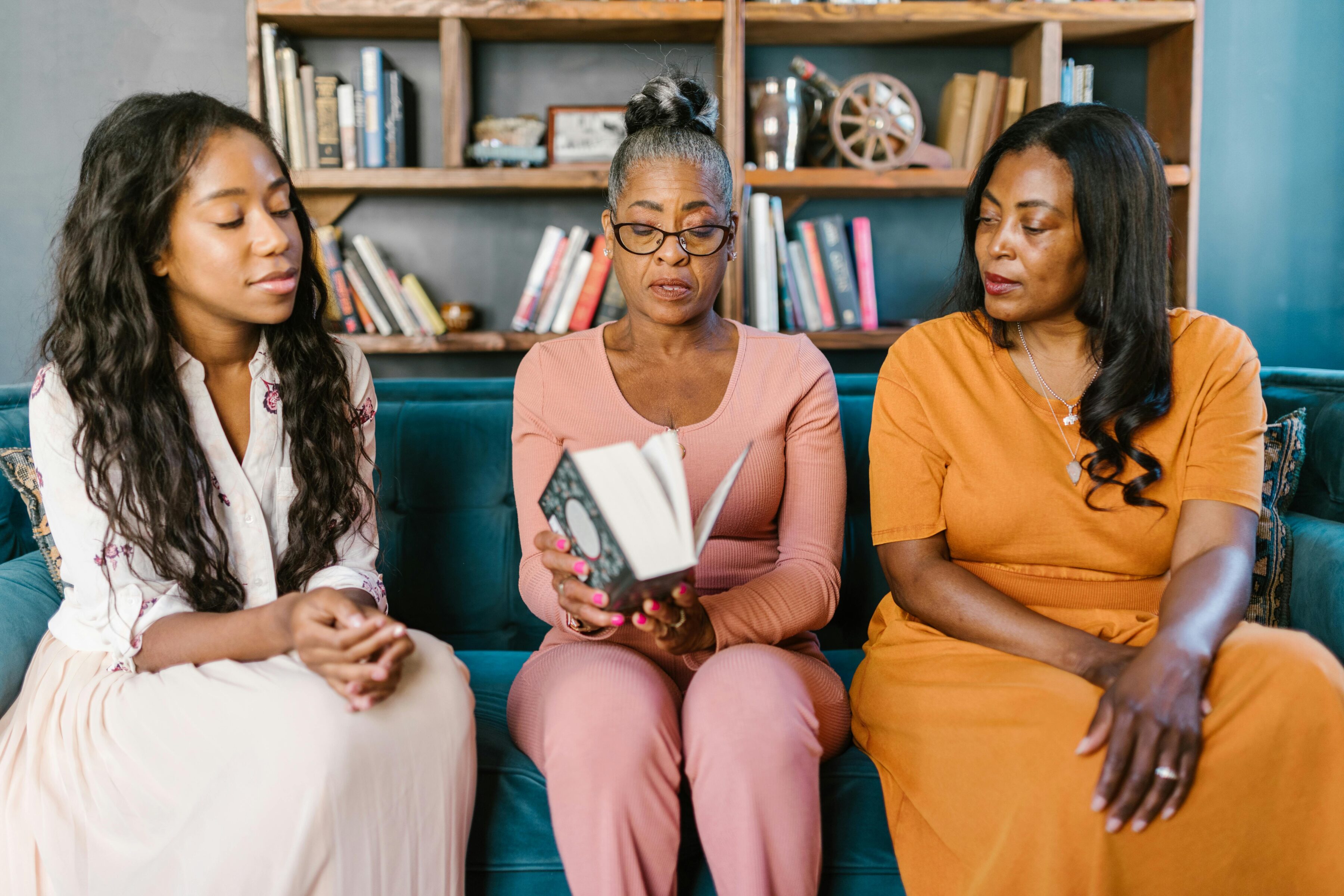Harnessing Vicarious Experiences In The Eyes of Douglas Adams

Quote of the day: “Human beings, who are almost unique in having the ability to learn from the experience of others, are also remarkable for their apparent disinclination to do so.” – Douglas Adams
We all learn by observing others. It’s a fundamental part of human development. But how can we intentionally harness the power of observation to enhance learning and build confidence? The answer lies in understanding and strategically utilizing vicarious experiences.
What Are Vicarious Experiences?
Essentially, vicarious experiences involve learning by watching others perform a task. It’s more than just passive observation; it’s about actively reflecting, interpreting, and modeling the observed behaviors. This “listening in” on experts, peers, or even fictional characters can significantly influence an individual’s belief in their own capabilities, or their “self-efficacy.”

Why Self-Efficacy Matters
Self-efficacy, the belief in your ability to succeed in specific situations or accomplish a task, is a powerful motivator. Individuals with high self-efficacy are more likely to:
- Engage actively in challenging tasks.
- Persist through obstacles.
- Manage their emotional responses effectively.
The Benefits of Vicarious Experiences:
- Flexibility: Easily integrated into various learning environments, both in-person and online.
- Safety: Provides a low-risk environment for individuals to learn and process experiences.
- Engagement: Can spark curiosity and enhance learning enjoyment.
- Realism: Can help individuals see real-world examples of the skills they are learning.
Designing Effective Vicarious Experiences:
To maximize the impact of vicarious experiences, consider these key strategies:
- Strategic Selection: Carefully choose who and what individuals observe. Opt for role models who demonstrate effective techniques and positive outcomes.
- Facilitate Dialogue: Encourage individuals to discuss and reflect on their observations. This can be done through group discussions, online forums, or reflective writing.
- Promote Collaboration: Foster collaborative learning by having individuals analyze and interpret observations together.
- Emphasis on the “Pay-off”: Make sure the individuals understand not just the actions they are observing, but the positive outcomes of those actions.
Practical Example:
Imagine someone wanting to learn public speaking. A potential vicarious experience could be:
- Watching a recording of a skilled speaker delivering a presentation.
- Analyzing the speaker’s body language, vocal delivery, and use of visual aids.
- Discussing the speaker’s techniques with a mentor or peer group.
- Practicing similar techniques in their own presentations.
By intentionally incorporating vicarious experiences into learning, individuals can build their self-efficacy, develop new skills, and approach challenges with greater confidence. Whether you’re learning a new language, mastering a musical instrument, or simply trying to improve your communication skills, the power of observation can be a valuable tool in your learning journey.
Skrypt has his own interpretation of vicarious experiences and how important they can be, listen here:
Tune in to www.99fm.com.na for more.